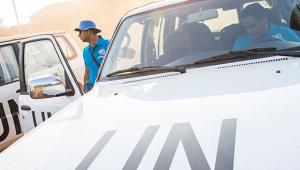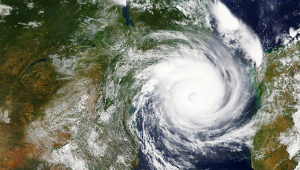Amid the Syrian conflict, the region is coping with one of the largest refugee crises since the Second World War and the three organisations recently launched the New Financing Initiative to Support the MENA Region, which aims to provide concessional financing to Lebanon and Jordan where many refugees are hosted. It will also expand the funding available to countries struggling with slow growth and high youth unemployment because of regional instability.
“No-one can do it alone,” said United Nations secretary general Ban Ki-moon. “The challenges faced by the Middle East and North Africa region demand a unified approach that pools resources and draws on the comparative advantages of both humanitarian and development organizations. I am confident that the region can recover from instability to thrive once again, but it will require the support of our concerted efforts, and those efforts need to start now.”
World Bank Group President Jim Yong Kim added that the international community was united in doing all it can for the region.
“We will take innovative and bold steps to show the world that we must invest in the people of the Middle East and North Africa to create a more stable and long-lasting foundation for prosperity shared by all.”
Islamic Development Bank Group President Dr Mohamed Ali Al-Madani emphasised the focus on young people who he said, with the right education and training, could be an “engine of growth”.
“If we continue to fail them with poor education and a lack of opportunities, their frustration will be an ongoing source of instability,” he warned.
The World Bank announced $200m to support education and jobs in addition to the $1.5bn already pledged for Lebanon and Jordan.
Additionally, the Islamic Development Bank Group launched an education initiative enabling around 2 million Syrian students to access education through electronic platforms using the Syrian curriculum and signed five financing agreements with Lebanon for development projects totaling nearly $373m.













